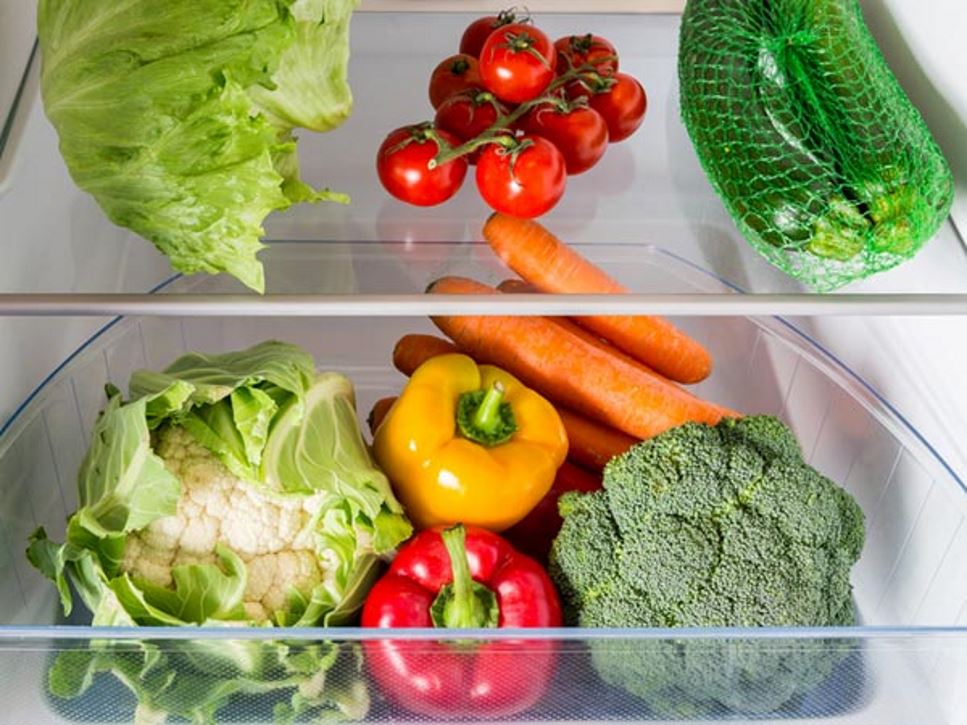Your sister keeps tomatoes on the countertop, but your best friend insists they should be cold. You've heard that bread gets stale faster in the fridge, but molds more quickly outside of it. And fruit goes in the crisper drawer — except when it doesn't.
If you're confused by all the conflicting rules about what foods go where, don't fret: We have the inside scoop from registered dietitian nutritionists who are experts in food storage.
Foods to Store at Room Temperature
Honey is shelf-stable and will last a long time. Plus, when chilled, honey becomes hard to pour. Keep it in your pantry.
Tomatoes do better when kept out of the fridge, where they can become mealy. It's true that they spoil faster when stored on the counter. If you won't be eating them within 1 to 2 days, store ripened tomatoes in the refrigerator for 2 or 3 days. Once you cut into a tomato (or any fruit or vegetable), it needs to be refrigerated, though.
Potatoes and onions like the same conditions, but they should not be stored together. Choose a cool, dry place in your kitchen. Potato starch turns into sugar when refrigerated. If any potatoes or onions go bad in the pantry, remove them from the rest.
Bread can become stale quickly in the fridge due to the dry circulating air. If you're afraid your bread will become moldy because your kitchen is hot or humid, or because you won't be eating it quickly, freeze it. You can remove only what you need and thaw it on the counter or in the toaster on the "defrost" setting.
Peanut butter becomes difficult to spread when it's cold, but some types require refrigeration. Check the label.
Foods to Store in the Refrigerator
Olive oil and nut oils go rancid quickly when exposed to light and heat. Refrigeration may cause these oils to become cloudy, but they'll clear up when they return to room temperature.
Cheese may be best served at room temperature, but like all animal-derived food, it still needs to be stored in the refrigerator. Take it out a short time before serving for the best flavor. Perishable foods, including cheese, should be thrown out if they are kept out of the refrigerator for two or more hours. In the warmer months, that amount of time will be less.
Butter should be kept cold. Your grandma may have kept her butter in a crock on the counter to keep it nice and spreadable. However, keeping butter refrigerated helps you avoid risky bacterial contamination. If you want soft butter, remove it for a little while before serving to let it soften.
References
Find a Nutrition Expert
Looking for credible nutrition information and recommendations? The Academy of Nutrition and Dietetics' network of credentialed food and nutrition practitioners are ready to help!

